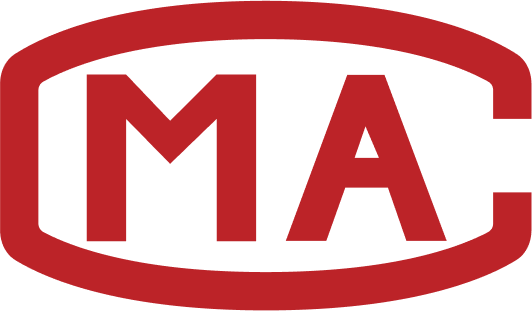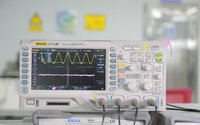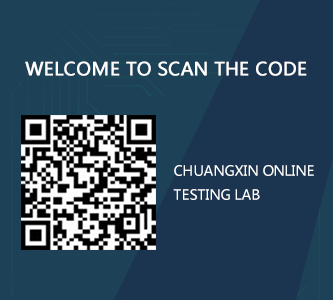Technologies required for chip testing: third-party testing institutions
Date:2023-06-29 15:02:13Views:258
Currently, chips are increasingly widely used in various fields, making chip testing crucial. Chip testing requires mastery of advanced technology and formal testing institutions to ensure the quality and reliability of chips. To enhance everyone's understanding of chip testing, the following is the testing related content organized by the editor, hoping to provide you with reference and assistance.
Chip testing mainly includes the following aspects:
_20230629144345_125.jpg)
Frontend testing: Frontend testing refers to testing various stages of the chip manufacturing process to ensure that the basic performance parameters of the chip meet design requirements. The front-end testing mainly includes mask inspection, wafer testing, cutting testing, and pad testing.
Backend testing: Backend testing refers to the testing conducted after chip packaging to ensure that the reliability and performance of the chip meet the requirements. Backend testing mainly includes appearance inspection, pin testing, functional testing, and reliability testing.
Electronic measurement technology: Electronic measurement technology refers to the technology of testing various electrical parameters of chips. Electronic measurement technology mainly includes DC parameter testing, AC parameter testing, and noise testing.
Optical measurement technology: Optical measurement technology refers to the technology of testing the optical parameters of a chip. Optical measurement techniques mainly include spectral analysis, optical microscopy, and laser measurement.
Formal testing institutions are also very important as they can provide professional chip testing services and strictly control the quality of chips to ensure their quality and reliability. A legitimate testing institution needs to have relevant qualifications and certifications, such as ISO 17025 certification. Their role is not only to provide professional testing and testing services, but also to provide customers with comprehensive after-sales service and technical support. In addition, formal testing institutions can also provide technical consulting and training services to customers, helping them improve their level of chip design and manufacturing.
After reading this article, have you gained more understanding of chip testing technology? That's all for today's content. If you find the content helpful, please follow Chuangxin Testing. We will provide you with more industry information!




 Weixin Service
Weixin Service

 DouYin
DouYin
 KuaiShou
KuaiShou




















